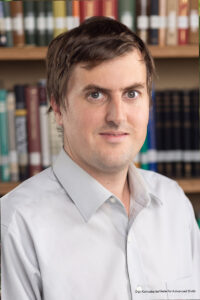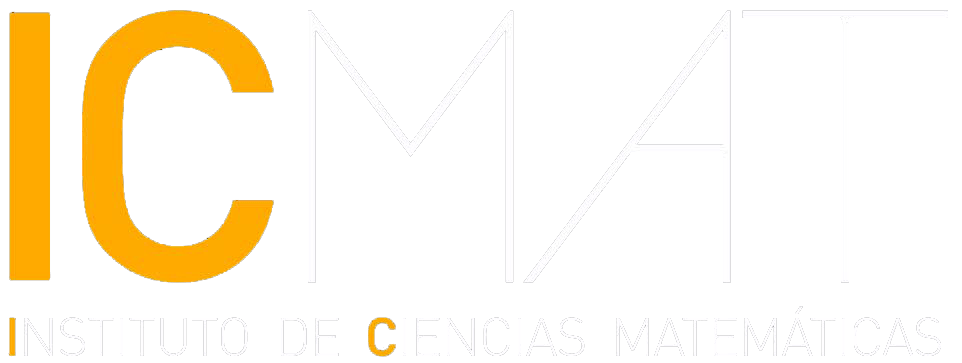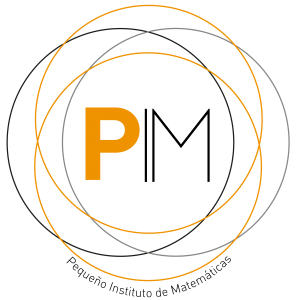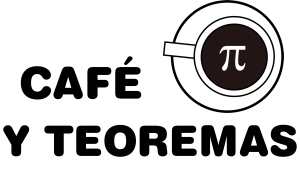Gilles Pisier (Texas A&M University, USA; Sorbonne Université, France)

Gilles Pisier (Noumea, 1950) is emeritus professor at Texas A&M University and Sorbonne Université—Institut de Jussieu. Pisier’s influential work in many branches of functional analysis has impacted other areas such as probability theory, harmonic analysis, and operator algebras. His work has been widely recognized with the Salem Prize (1979), two invitations to the ICM (Invited in 1982-Warsaw and Plenary in 1988-Berlin), Prix de l’Academie des Sciences de Paris (1992), Ostrowski Prize (1997), Stefan Banach Medal (2001), membre of Academie des Sciences de Paris (2002) or AMS Fellow (2012).
Mikael de la Salle (Université de Lyon, France)

Mikael de la Salle (Besançon, 1983) is directeur de recherche CNRS at Institut Camille Jordan after several years at the École Normale Supérieure de Lyon (France). The current research work of Mikael de la Salle orbits functional analysis and its interface with several other areas, such as operator algebras, harmonic analysis, and geometric group theory. His remarkable work on higher-rank semisimple Lie groups/lattices and the harmonic analysis over their group algebras has been worldwide recognized. His far-reaching achievements so far have been recognized with an invitation to the the ICM 2022 and the Charles-Louis de Saulses de Freycinet Prize in 2022.
Research field
Interactions between operator algebras and operator spaces, geometric group theory, harmonic analysis, and quantum probability.
Research project
The Pisier-de la Salle Lab is an initiative of the “Noncommutative Harmonic Analysis” group at ICMAT, led by Javier Parcet.
Noncommutative Lp-spaces are widely studied from a functional analytic viewpoint, but they have been definitely underexploited in harmonic analysis, which demands a genuine interaction across several fields. A key turning point came in the late 20th century, notably under Pisier’s influence, with the introduction of powerful Lp-techniques: noncommutative forms of square and maximal functions, martingale inequalities, stopping time arguments and more, all made possible by the strong development of operator space theory and quantum/free probability.
Since Haagerup’s pioneering work, harmonic analysis over noncommutative measure spaces —von Neumann algebras— has found a great impact in ergodic theory and geometric group theory. The Lp-theory in this direction was born around 15 years ago and has gained a considerable momentum in recent years. This has been been particularly motivated by Lafforgue/de la Salle’s rigidity theorem, the development of a noncommutative form of Calderón-Zygmund theory and recent achievements around singular multipliers in group and matrix algebras.
This Lab will deepen further into this quite interdisciplinary field.
Members
- Gilles Pisier (Texas A&M University, USA; Sorbonne Université, France) – chair
- Mikael de la Salle (Université de Lyon, France) – chair
- Javier Parcet (ICMAT-CSIC) – coordinator
- Pedro Tradacete (ICMAT-CSIC)
- Adrián M. González Pérez (UAM)
- José Manuel Conde-Alonso (ICMAT-UAM)
- Jorge Pérez-García (ICMAT-CSIC)
- Eduardo Tablate
Activities
Visits
- This Lab will soon host Leonard Cadilhac and Éric Ricard as visitors.


